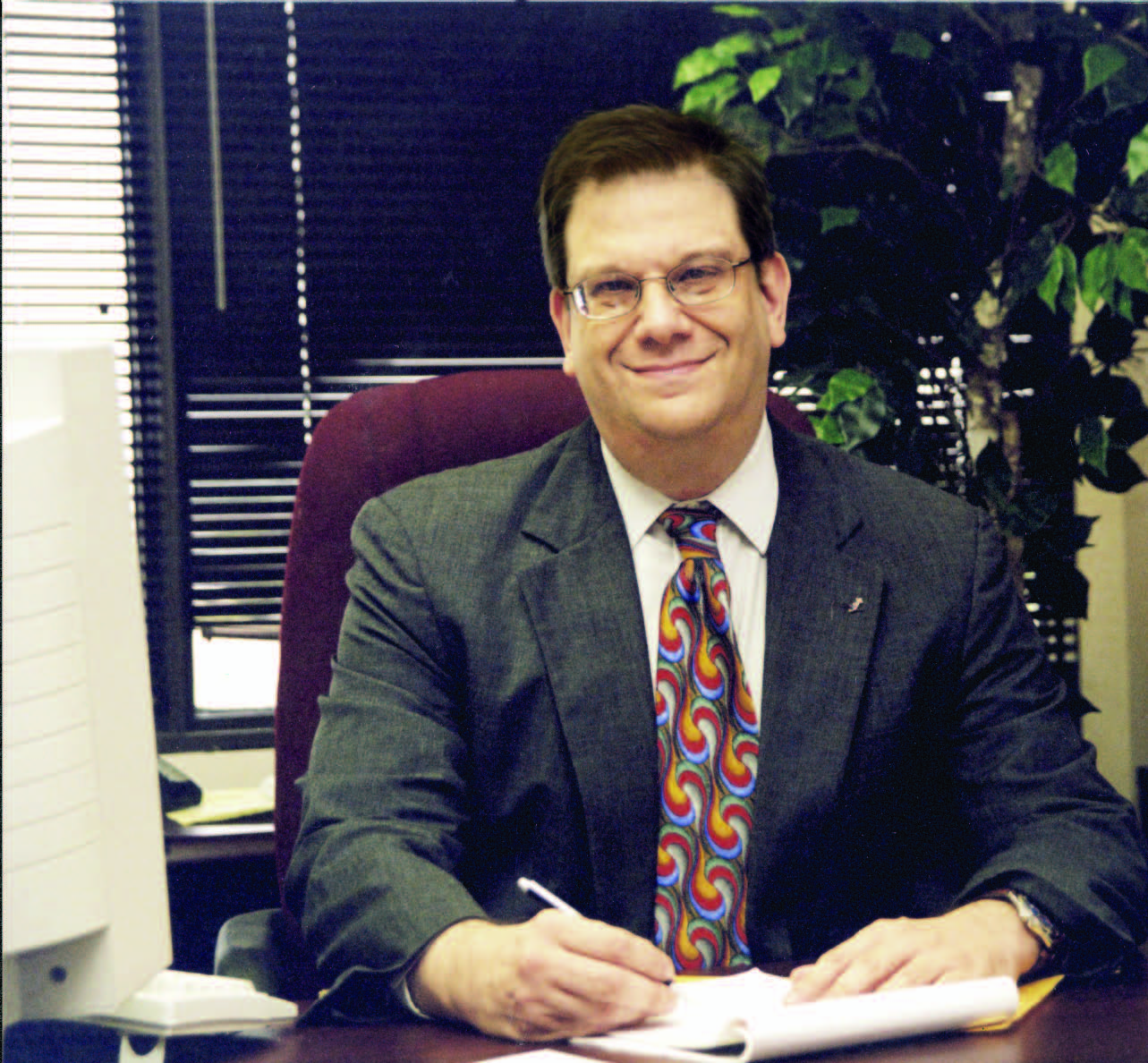December 2011, Vol. 238 No. 12
Editor's Notebook
Paying The Dues

The other day I was reading one of the many beautifully written obituaries about Smokin’ Joe Frazier, the heavyweight champion from Philadelphia who died Nov. 14 of liver cancer at the all-too-young age of 67.
The article recalled how he showed up at the office of Philadelphia Gas Works to pay off a $5,000 bill run up at his gym on North Broad Street. He opened up a bag full of traveler’s checks and told the clerk to count ‘em up till the bill was paid.
That sounded a lot like the Joe Frazier I met some 40 years ago when he was training for a fight in the Pocono Mountains in northeastern Pennsylvania. The article helped lift my sagging spirits because Joe was a hero of mine.
Recently I’ve written about different heroes. There was Tommy Swindle, a mountain of a man who reads meters for Alagasco and was willing to risk his life to save a customer from a rifle-toting assailant. There was George Mitchell, a billionaire oilman whose funding of research has been instrumental in the natural gas boom now changing America’s energy landscape.
Then there was Joe Frazier, a sharecropper’s kid who fled a poverty-ridden life in Beaufort, SC, moving to Philadelphia and found working in a slaughterhouse where he soon learned to ply his future trade on the bloodied carcasses hanging in a meat cooler. (A memorable scene that Sylvester Stallone “borrowed” for Rocky.)
Joe was the first person I ever interviewed. I was a very young sportswriter when I met Frazier and his avuncular trainer, the late Yank Durham, at a Pocono resort in October 1970. They were preparing for a tune-up fight with light-heavyweight champion Bob Foster, but all the talk was about the looming fight with Muhammad Ali, or “Clay” as Frazier insisted on calling him.
I watched this bull of a man not much bigger than me pound away at a series of sparring partners with punches so powerful they literally took my breath away. Heck, I was lucky the wind current didn’t knock me down.
Then we talked about growing up in the Jim Crow South, the move to Philly, his 1964 Olympic gold medal, ring opponents, and what he planned to do to Ali, er, Clay. He held up his left fist and predicted the damage it would cause. He was prescient about that, because he used that very same left hand to knock Ali down in the 15th round of their first fight on March 8, 1971. Probably the most famous punch in boxing history.
He sat back for a moment and quietly reflected on the importance of a dream and following the path to make it happen. I raced back and whipped out a story I’m still proud to call my own. But more importantly, I realized that I needed to take several steps to make my dream of being a sportswriter come true. That included studying my butt off to get into a quality journalism program, writing up birthday columns, church notes, school board and town council meetings for a pittance, and working graveyard summer shifts and weekends in a textile factory to pay for that education.
It worked, sort of. I never became a great sportswriter but I’m not complaining.
Around 1978 I was a reporter/sportswriter in Binghamton, NY and Joe came back, this time as part of the Roy Radin Review – a mish-mash of entertainers whose best days were in the past. Frazier’s singing performance was sandwiched between Tiny Tim and Dennis Day.
I wasn’t sure Joe really remembered me, though he said he did. I did tell him that he helped make my dream come true. Knowing that he always felt slighted by Ali, er, Clay, I told him that he needed to find solace in the fact that without the other, neither could have achieved their historic greatness.
“Thanks, man. Appreciate that.”
No, Joe. Thank you, on behalf of all of us.





Comments